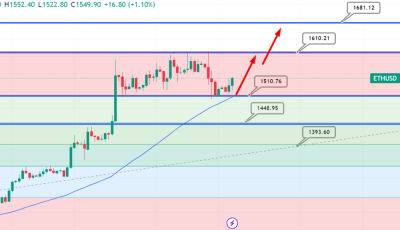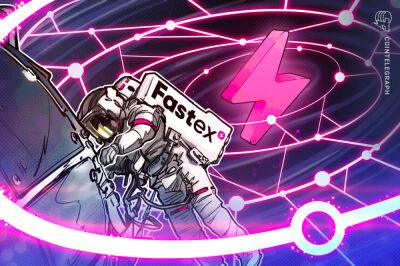Making the case that Bitcoin is not freedom: Pacific Bitcoin Panel
"Bitcoin (BTC) is Freedom" is one of Bitcoin’s many epithets. Like “Bitcoin is digital gold,” “Bitcoin is property,” or even Bitcoin is absolute digital scarcity, these phrases ricochet around the walls of Bitcoin-themed conference arenas. They’re also memed into eternity on social media.
But one of Bitcoin’s overarching mantras is “Don’t trust, verify.” Rooted in an old Russian proverb, the phrase has come to define the Bitcoin ethos. It suggests rules, ideas, and concepts should be tested, tried and verified. So with that in mind, to what extent is Bitcoin actually freedom? How far can we make the point that Bitcoin is categorically a tool for freedom?
At the Pacific Bitcoin conference in Los Angeles, hosted by Bitcoin-only exchange Swan Bitcoin, this debate came to life. During a panel discussion succinctly entitled “Bitcoin is Freedom,” three freedom fighters and thinkers explored ways in which Bitcoin might not be as emancipating as it is evangelized online.
Craig Warmke, a professor at Northern Illinois University, Yan Pritzker, co-founder and CTO of Swan, and Alex Gladstein, chief strategy officer of the Human Rights Foundation, discussed the nature of magic internet money. Bitcoin does not have a central body, and it is unlikely to change its rules–or hard fork– any time soon. Crucially, Bitcoin fought off a serious threat to a change in source code during the blocksize war, which, in a sense, crystallized the Bitcoin code for at least the near term.
Now, naturally, the relationship between Bitcoin and freedom may vary and can depend on an individual's personal experiences and perspective. However, it’s taken for granted that Bitcoin is freedom due to its decentralized nature and ability to allow individuals to store
Read more on cointelegraph.com
















